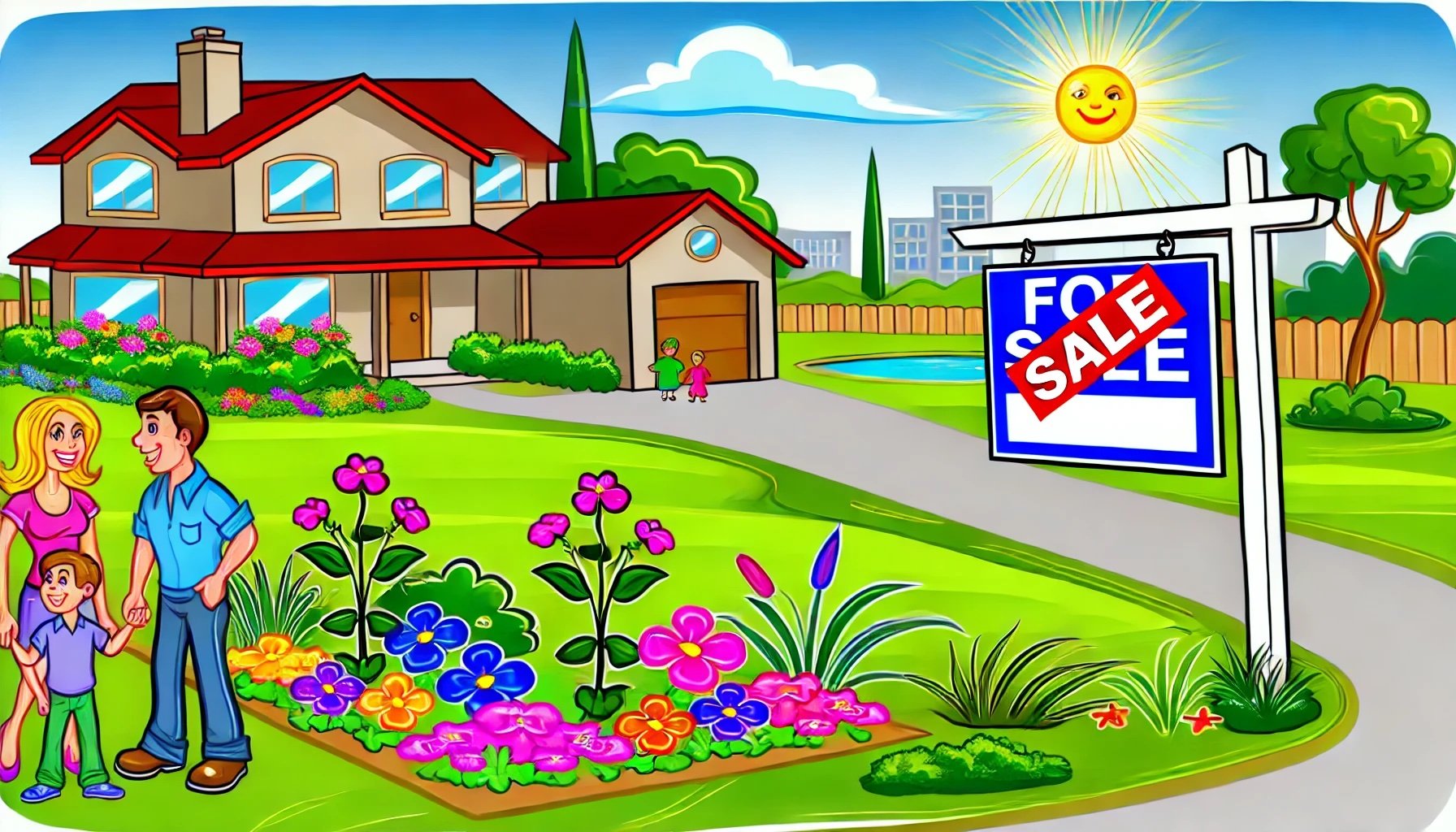
Controlling Common Garden Pests in South Georgia
Gardening in South Georgia can be rewarding, but it also comes with its share of challenges, particularly when it comes to pest control. Understanding the common pests in the region and how to manage them effectively is crucial for maintaining a healthy and thriving garden. Here's a guide to help you tackle some of the most prevalent garden pests in South Georgia.
Common Pests
South Georgia gardens often face infestations from various insects and animals. Some of the most common pests include:
Aphids: These tiny, soft-bodied insects can quickly multiply and damage plants by sucking sap from leaves and stems.
Japanese Beetles: Known for their metallic green color, these beetles can decimate foliage and flowers in a short time.
Fire Ants: While not directly harmful to plants, fire ants can make gardening difficult and painful due to their aggressive nature and painful stings.
Tomato Hornworms: These large, green caterpillars can strip tomato plants of their leaves overnight.
Squash Vine Borers: These pests lay eggs at the base of squash plants, and the larvae bore into the stems, causing wilting and plant death.
Prevention Strategies
Preventing pest infestations is often easier and more effective than treating them. Here are some preventive measures you can take:
Crop Rotation: Regularly changing the location of your plants can disrupt pest life cycles and reduce infestations.
Companion Planting: Planting certain herbs and flowers near your vegetables can repel pests naturally. For example, marigolds can deter many insect pests.
Healthy Soil: Well-nourished plants are more resistant to pests. Use compost and organic fertilizers to improve soil health.
Regular Inspection: Check your plants frequently for signs of pest damage or presence. Early detection can prevent major infestations.
Natural Control Methods
When pests do appear, there are several natural methods you can use to control them:
Handpicking: For larger pests like tomato hornworms, simply removing them by hand can be effective.
Insecticidal Soaps: These are effective against soft-bodied insects like aphids and are less harmful to beneficial insects.
Neem Oil: This natural pesticide can control a wide range of pests and is safe for most plants.
Beneficial Insects: Encourage natural predators like ladybugs and praying mantises in your garden to help control pest populations.
Chemical Control
In severe cases, chemical pesticides may be necessary. However, use them sparingly and carefully:
Choose the Right Product: Select pesticides specifically designed for the pest you're targeting.
Follow Instructions: Always read and follow the label instructions carefully to ensure safe and effective use.
Timing: Apply pesticides when pests are most vulnerable and beneficial insects are less active, typically early morning or late evening.
Additional Tips
To further protect your South Georgia garden from pests, consider these additional strategies:
Plant Native Species: Native plants are often more resistant to local pests and diseases.
Proper Watering: Water early in the day and at the base of plants to reduce humidity and discourage fungal growth.
Remove Debris: Keep your garden clean by removing dead leaves and plant material that can harbor pests.
By implementing these strategies, you can effectively manage common garden pests in South Georgia and enjoy a bountiful, healthy garden. Remember that a balanced approach combining prevention, natural controls, and judicious use of chemical treatments when necessary will yield the best results.
